Root chakra, also known as the Muladhara chakra, is the first energy center of the human body according to the ancient Hindu and Buddhist philosophies of energy. Located at the base of the spine, this chakra is responsible for grounding and providing a strong foundation for our physical, emotional, and spiritual well-being. However, when this chakra is blocked or imbalanced, it can lead to a variety of physical and emotional issues, also known as root chakra diseases.
To understand root chakra diseases, we must first delve into the concept of chakras. Chakras can be described as spinning wheels of energy located throughout our body that regulate the flow of energy. There are seven main chakras located from the base of the spine to the top of the head, each having its unique energy and significance. The root chakra is the foundation upon which all other chakras are built, making it extremely crucial for our overall health and well-being.
Now, let us explore the various diseases that can be caused by an imbalanced root chakra. The most common manifestation of a blocked root chakra is physical symptoms such as lower back pain, sciatica, constipation, and even issues with the reproductive organs. This is because the energy from the root chakra is responsible for our basic survival needs, including our physical body. When this energy is not flowing freely, it can result in physical ailments that may require medical attention.
Moreover, an imbalanced root chakra can also lead to emotional issues such as anxiety, fear, restlessness, and depression. Our root chakra is deeply connected to our sense of security and stability. When this chakra is blocked, we may feel insecure, lost, and disconnected from our sense of self. This can manifest as fear of change, difficulty in making decisions, and lack of trust in others.
So, what causes an imbalance in the root chakra? It can result from various factors such as childhood trauma, financial instability, and a lack of physical connection to the earth. In today’s fast-paced world, we are constantly bombarded with stress, which can disrupt the flow of energy in our root chakra. Similarly, growing up in an unstable or abusive environment can also lead to root chakra issues. Additionally, our modern lifestyle, which involves sitting for long hours and constant use of technology, disconnects us from the earth, making it difficult for us to ground our energy.
Fortunately, there are various ways to balance and heal an imbalanced root chakra. The first step is to identify the root cause (no pun intended) of the imbalance. It could be helpful to seek guidance from a therapist or energy healer to explore underlying issues that may be causing the blockage. Meditation, yoga, and grounding techniques such as walking barefoot on the grass can also be beneficial in balancing the root chakra. It is also essential to recognize and release any fears and insecurities that may be holding us back from living our lives to the fullest.
In conclusion, the root chakra is the foundation of our energy system and plays a crucial role in our overall well-being. Any imbalances in this chakra can result in physical and emotional issues, which can negatively impact our lives. However, with awareness and proper healing techniques, we can restore the balance and flow of energy in our root chakra, allowing us to live a more grounded, stable, and fulfilling life.
Remember, a healthy root chakra is the key to unlocking the full potential of our other energy centers, leading us to a life of harmony and balance. So, take care of your root chakra, and watch the rest of your energy thrive.
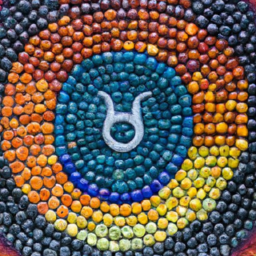
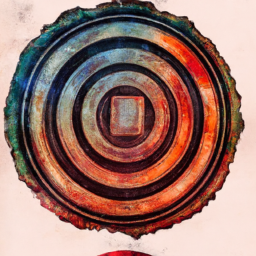
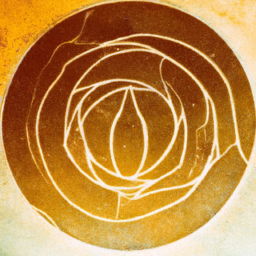
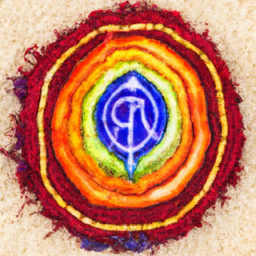
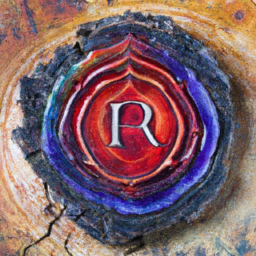
Wow, this looks like an interesting read!!
Hazel_Camry: Great post, really looking forward to learning more!
It’s amazing that the root chakra can have such an effect on our physical health – this article is invaluable in understanding the connection between body and mind.
This topic is so interesting and important – I can’t wait to read more!